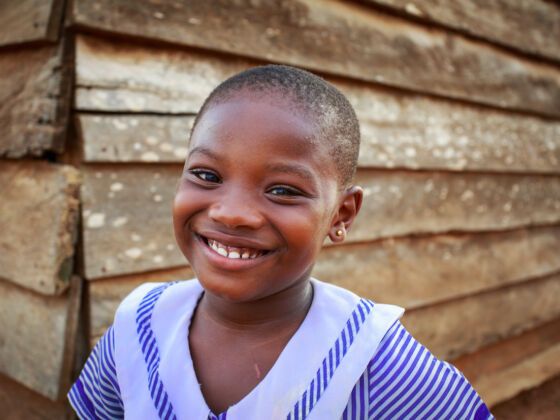10. Address the HIV/AIDS Epidemic
According to the 2008 UNAIDS report on the global AIDS epidemic, an estimated 1.5 million Africans lost their lives to AIDS in 2007.
The international community must listen to people like Stephen Lewis, former special envoy for HIV/AIDS in Africa, who, in his most recent book, Race Against Time: Searching for Hope in AIDS-Ravaged Africa, demands a call to action on a number of issues, including sexual education, generic drug production to make medicine inexpensive, and a commitment of resources to assist in social welfare of child orphans.
